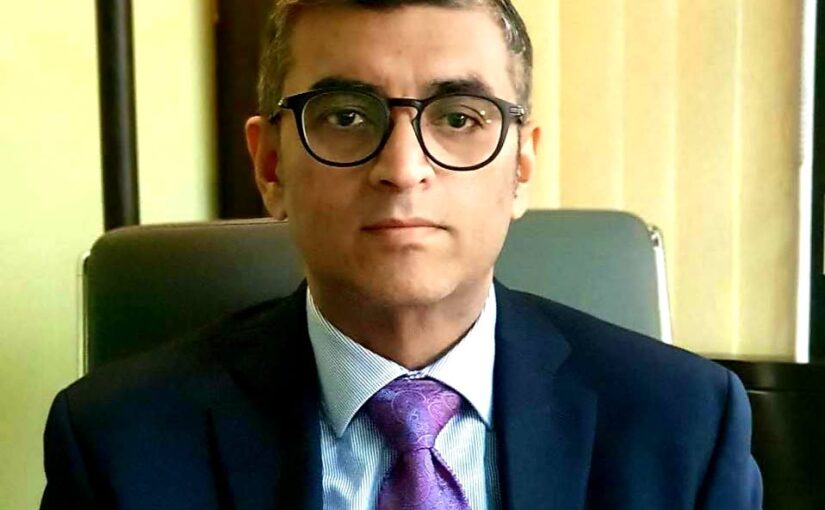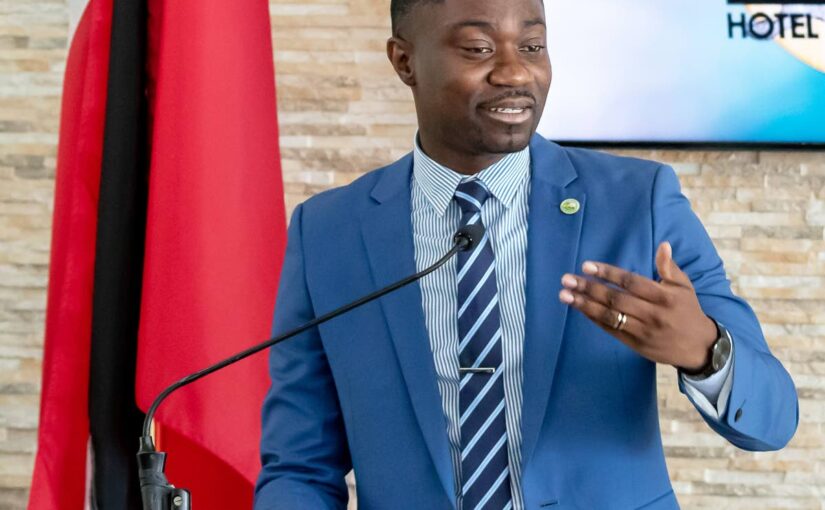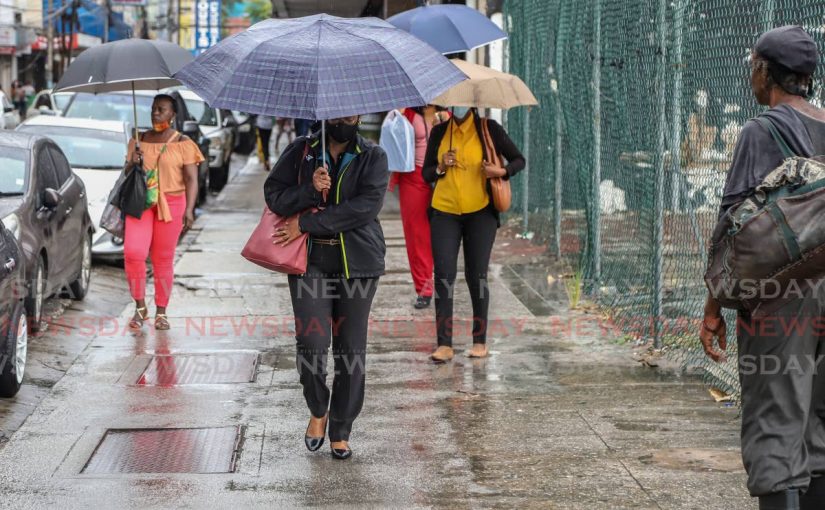

Justice Ricky Rahim -
A HIGH COURT judge has delivered a scathing oral judgment in an assault-and-battery case involving a prisoner at Golden Grove Prison in 2021.
Justice Ricky Rahim awarded Kelvin Wallace $75,000, plus interest, to send a “strong message that in a civilised society, this must not be tolerated.
“It is the duty of the courts to send that message.”
Rahim also said, “There was a clear abuse of power, use of oppressive actions on the part of persons who have taken an oath to treat prisoners, not mistreat them.
“The facts of this case are, quite frankly, astonishing, and the court must stand between the abuse and the citizen.
>
He also warned: “More and more, these incidents are becoming very common,”
Wallace is remanded at the prison for the alleged murder of a police officer in 2013.
During the court’s ruling, Wallace appeared to be wiping away tears as he listened in via a virtual link from the Frederick Street Prison, Port of Spain.
His lawsuit accused prison officers of beating him during a cell search on August 6, 2021.
Rahim dissected conflicting testimonies, inconsistencies in evidence and allegations of abuse of power by prison officials.
“This was not a case of repelling an attack of a prisoner. It was a frontal attack on a prisoner.”
He also found the prison officers who testified at the two-day trial “manufactured evidence.”
“It is abundantly clear that the officers, having administered the thorough beating to the claimant, conspired to tell untruths against him. But as the old saying goes, what a tangled web we weave when at first we try to deceive. '
“The problem was that they made a fundamental error that would have resulted in material inconsistencies in their own case…Their evidence, in the court's view, reeks of collusion. And the court, therefore, does not believe them.
>
“They have tried to tailor their evidence,” the judge said as he dismissed their testimony. “There is no credibility in what they have said to the court.”
According to Wallace’s evidence, on the morning of August 6, prison officers entered A1 Division, where he was housed, and ordered inmates out of their cells for a search.
The initial inspection of Wallace's cell yielded no contraband. The officers moved to another cell, where they foundd a hidden cellphone.
Wallace said that on re-entering his cell, he found his personal belongings destroyed. Food, clothing, and a pillow were scattered and contaminated with waste from a pail bucket. He reportedly confronted an officer, who responded aggressively, punching him three times in the right eye and temple.
Wallace recounted that another hit him three-four times on the head with a baton, after which he was restrained in a headlock while others continued to beat him.
The attack reportedly left Wallace so traumatised he defecated on himself.
He sought refuge in his cell after an order was given to stop the beating.
Later that day, Wallace was examined at the prison infirmary, complaining of facial pain, a burst lip, neck abrasions, and deafness and ringing in his right ear. A visit to the Eric Williams Medical Sciences Complex, Mt Hope, confirmed injuries consistent with blunt force trauma.
Two inmates corroborated Wallace's account. One used a reflective device outside his cell and testified to witnessing officers beating Wallace and putting him in a chokehold.
>
The other inmate, relying on a mirror, made similar observations, including Wallace’s vocal protests about his destroyed belongings.
Prison officers denied Wallace’s allegations, offering a markedly different version of events. They claimed Wallace was taken to a toilet for a “special search” in line with procedures for Muslim inmates. They alleged they found contraband wrapped in gazette paper between Wallace's thighs, which he refused to surrender, becoming combative and issuing threats.
In deciding the case, Rahim addressed the inconsistencies in the officers’ accounts, saying “the astonishing facts” troubled him.
He also commended the inmates who testified on Wallace's behalf for their courage.
Rahim accepted Wallace’s account as more plausible, bolstered by medical evidence and the other inmates’ testimony. He rejected the officers’ claim that Wallace had been subdued without physical force, asking how blunt force injuries occurred if no blows were administered.
He also noted the psychological impact the incident had on Wallace, including humiliation in front of other inmates.
Attorney Lemuel Murphy represented Wallace.





